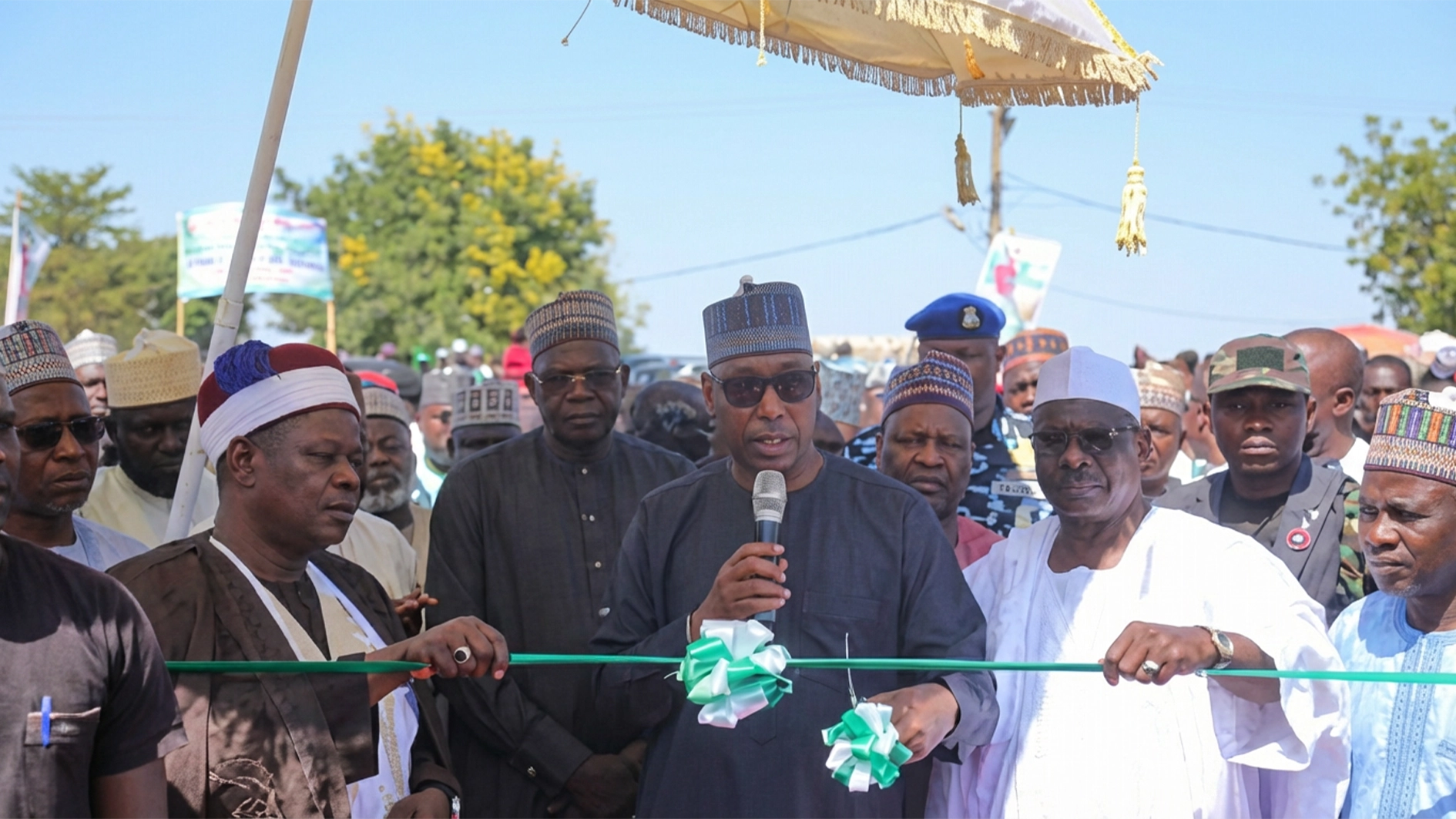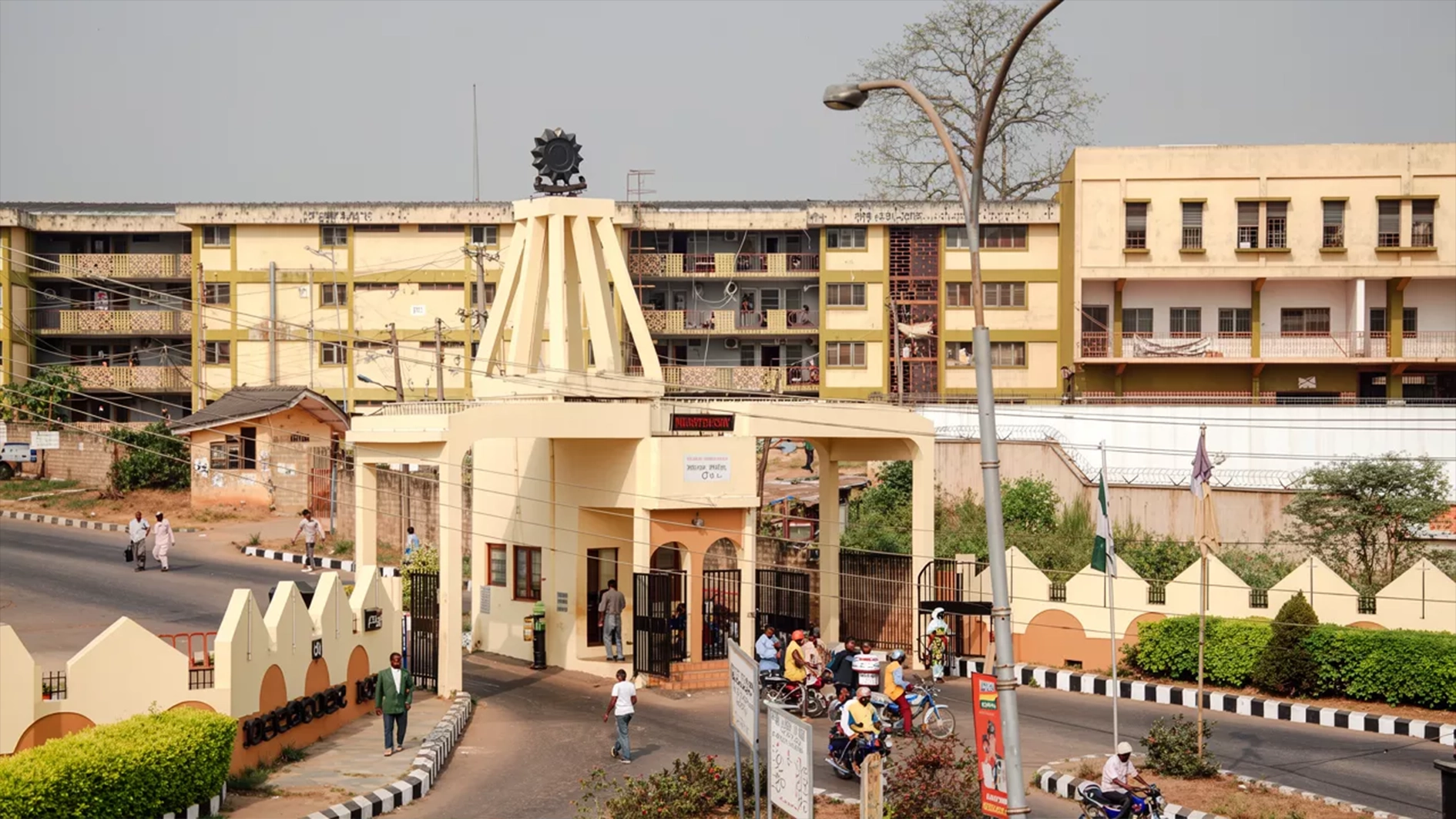Tasks graduands to prepare for future work prompted by 4th Industrial Revolution
A Pan-African university, African University of Science and Technology (AUST), recently graduated 145 students drawn from 11 African countries and urged the graduands to prepare themselves for the future of work prompted by globalisation and 4th industrial revolution.
Speaking at the 9th convocation ceremony of the institution in Abuja, Acting President of the university, Prof Peter Onwualu, advised the graduands to continue developing and updating themselves, particularly with digital skills that go beyond existing knowledge acquired in the university.
He said it is anticipated that by 2025, automation and robots would have eliminated majority of current occupations, while market demands are evolving Onwualu said the university has recorded significant milestones across African countries.
He said: “At this occasion, 145 graduands from the Classes of 2021 and 2022 will be honoured. These include two Postgraduate diploma, 105 Masters and 38 doctorates degrees. For us, the joy of producing yet another group of high quality graduates for the continent of Africa knows no bounds.
“These young Africans came from 11 African countries, namely: Benin, Chad, Cameroun, Kenya, Ghana, Liberia, Nigeria, Rwanda, Tanzania, Sierra Leone and Uganda. In addition to excelling in their coursework, they have conducted cutting-edge research that have solved challenges in several economic sectors, such as healthcare, water, oil and gas, energy, ICT, housing, among others. “In addition to being found worthy in character, For the MSc programme, the minimum graduation requirement is 3.0 on a four-point scale. According to the requirement, each Ph.D graduate is required to publish at least two publications in SCOPUS-indexed journals in Europe and North America as shown in the programme.
Board Chairman, Mr. Etigwe Uwa, urged graduands to be good ambassadors of the institution by applying the knowledge of science and technology.
In his remarks, Prof. Mohammed Haruna, Chief Executive of National Agency for Science and Engineering Infrastructure (NASENI), tasked students to take challenges as a solution and use it to their best advantage.






